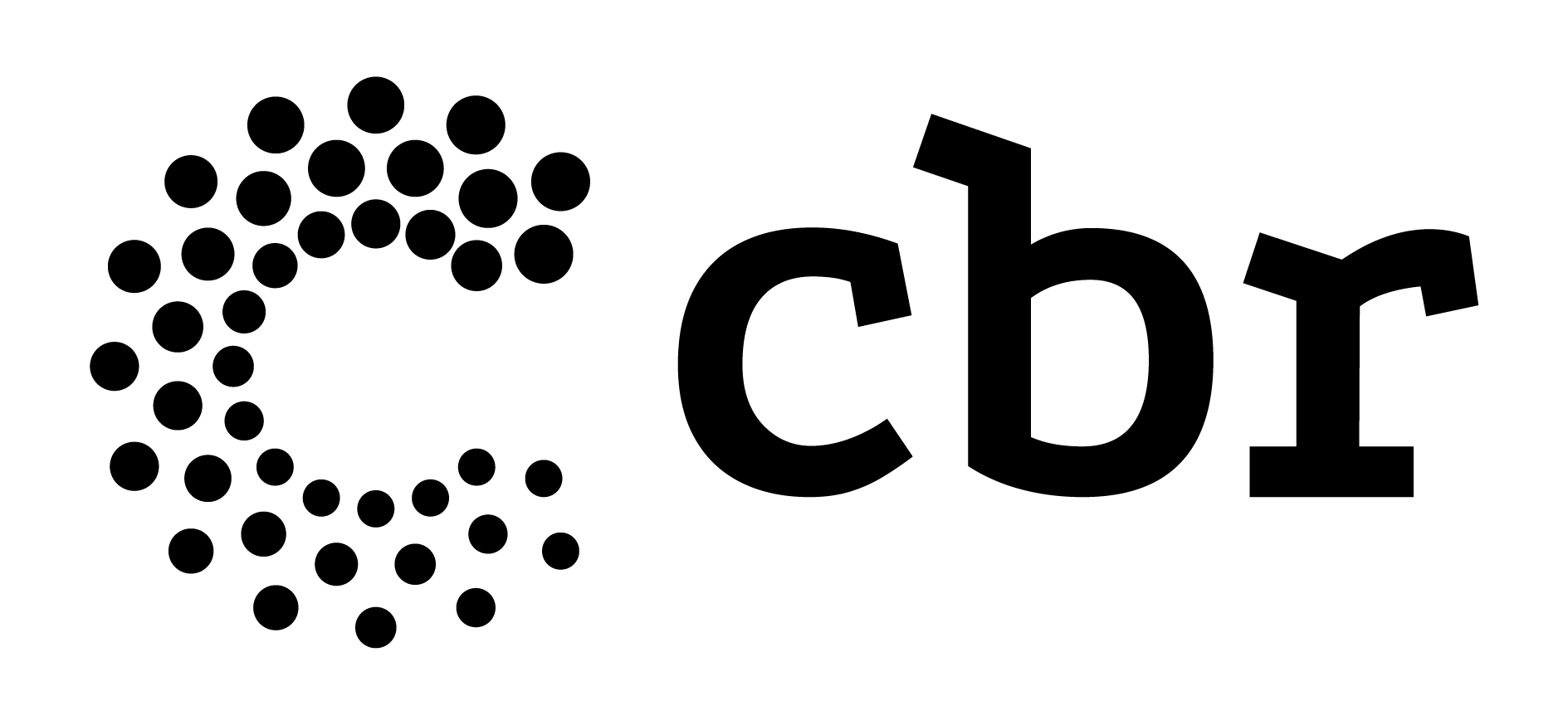We receive, with some frequency, questions from associates in the following sense: can the radiologist suggest, in his report, the performance of complementary exams?
The answer is, in fact, affirmative: the conduct of the radiologist who inserts, in his report, a suggestion regarding the need for complementary methods is fully ethical.
This is exactly the understanding expressed in opinion No. 20/2003 of the Federal Council of Medicine (CFM).
By the way, in certain cases, this suggestion of diagnostic complementation reveals a duty - since doubts that could harm the best interest of the patient will be resolved with the continuation of the investigation.
From a procedural point of view, this “additional request” should be addressed to the attending physician in the form of a suggestion. The objective is to safeguard the good relationship between the professionals involved, including the possible exchange of information between the attending physician and the radiologist.
This doctor's right, regarding the indication of appropriate procedures for patients, is provided for in the Code of Medical Ethics, which, moreover, categorically prohibits any interference in the professional's autonomy.
In this sense: “The radiologist can refer in his report to the need for diagnostic complementation, if he so wishes, aiming at the well-being and health of the patient. If he has a doubt in his report and this is not explained, as well as causing damage to the patient, he may incur in omission or negligence and consequent ethical infraction” (Opinion CRM/PR nº 1748/2006, Opinionist: Alexandre Gustavo Bley).
It should be noted, in relation to the subject discussed herein, that the paying source is prohibited from meddling in the technical activity of the medical professional, interfering, for example, in the conduct of the radiologist who indicates the need for a diagnostic supplement, in accordance with Article 1 of the CFM Resolution nº 1642/2002, which establishes that: “Health insurance companies, group medicine companies, medical work cooperatives, self-management companies or others that act in the form of direct provision or intermediation of medical-hospital services must adhere to the following principles in their relationship with physicians and users: (a) respect the autonomy of the doctor and the patient in relation to the choice of diagnostic and therapeutic methods”.
DR. ALAN SKORKOWSKI
CBR legal advice



